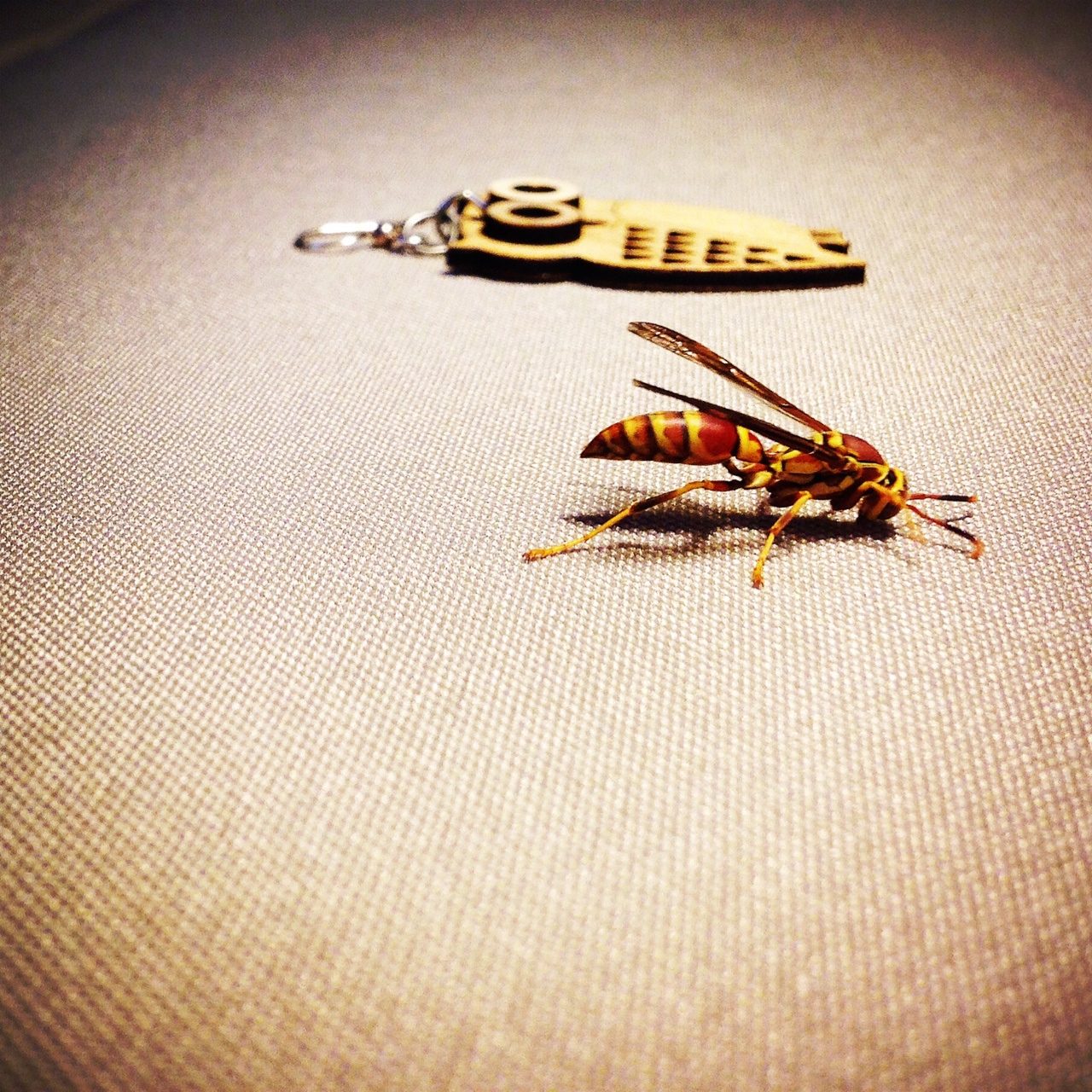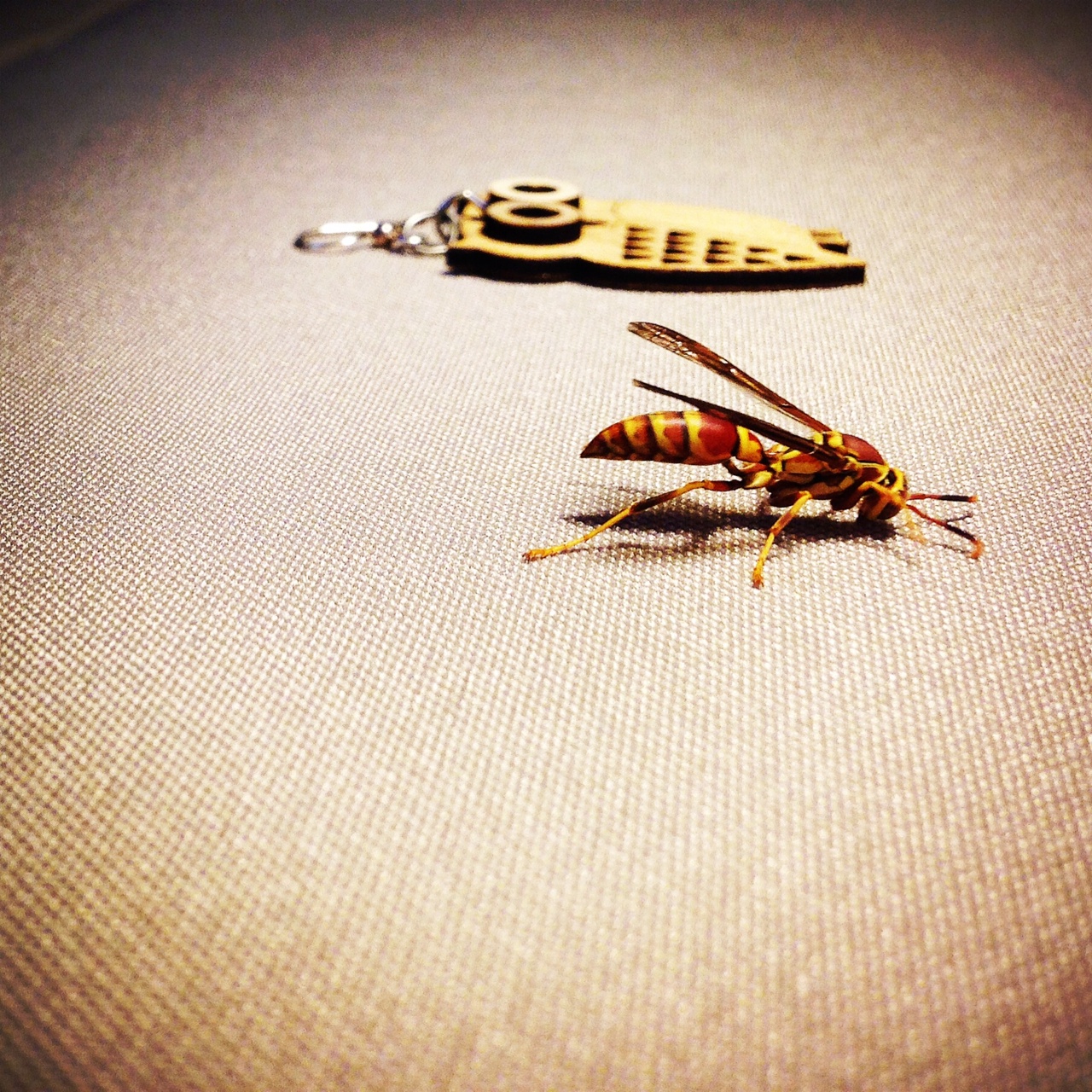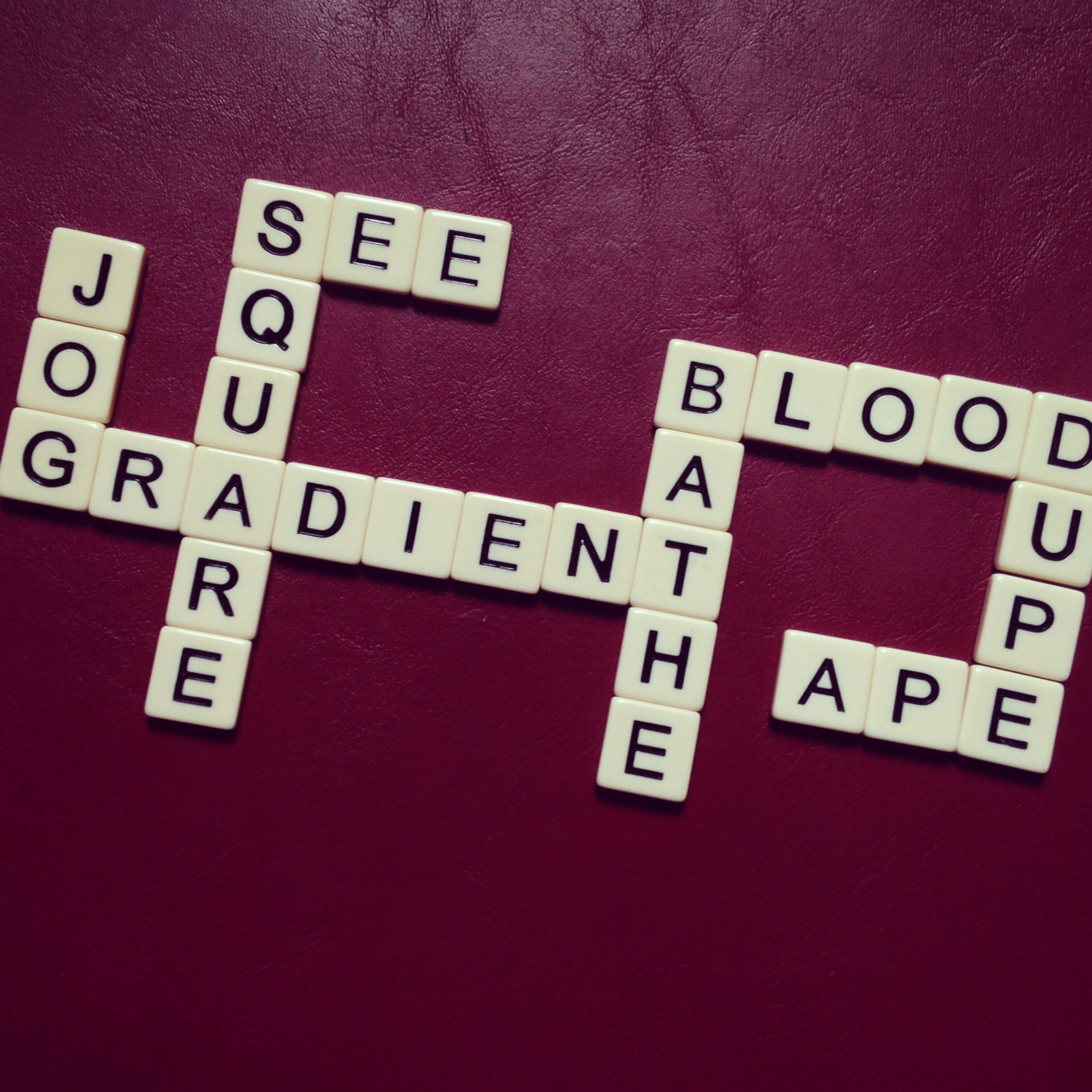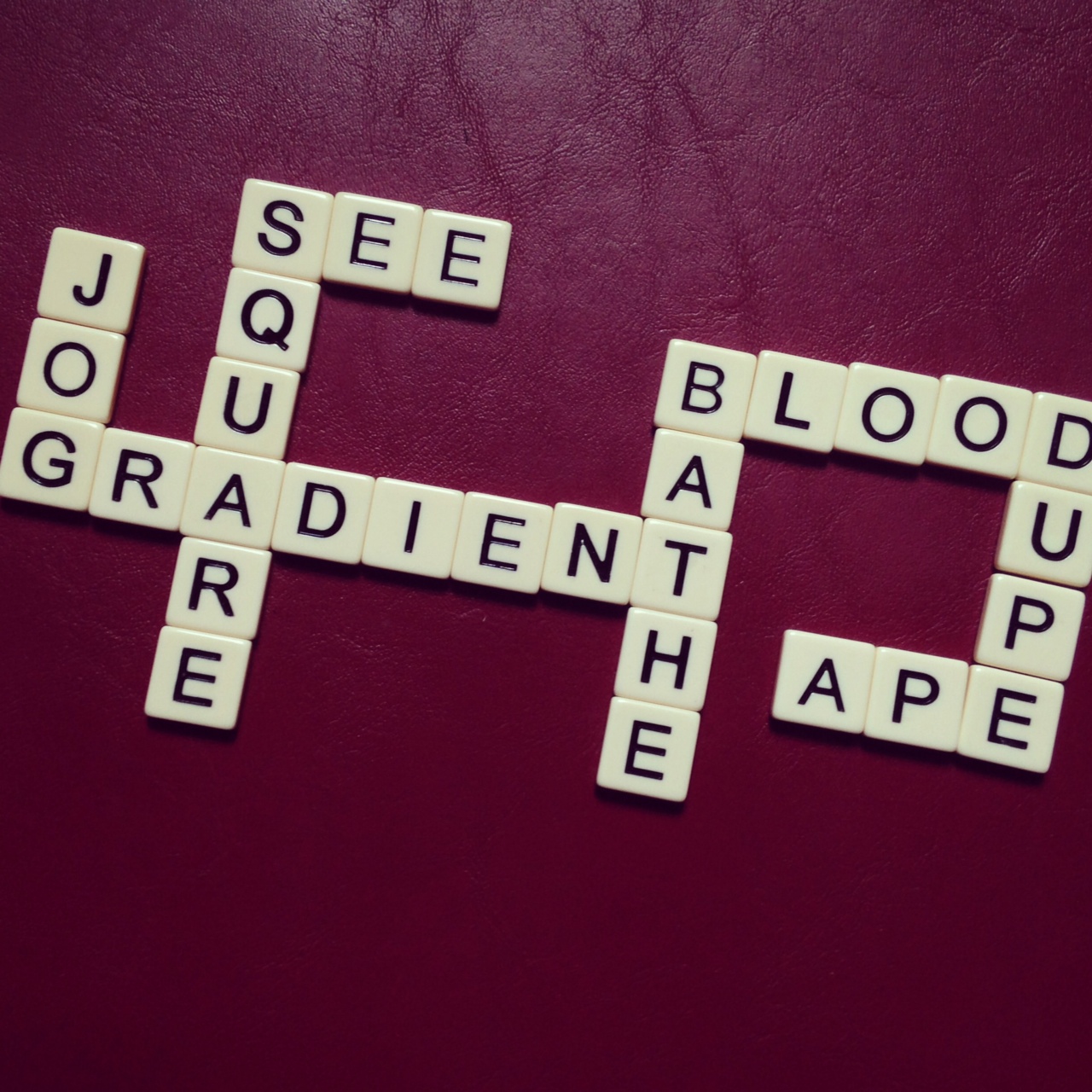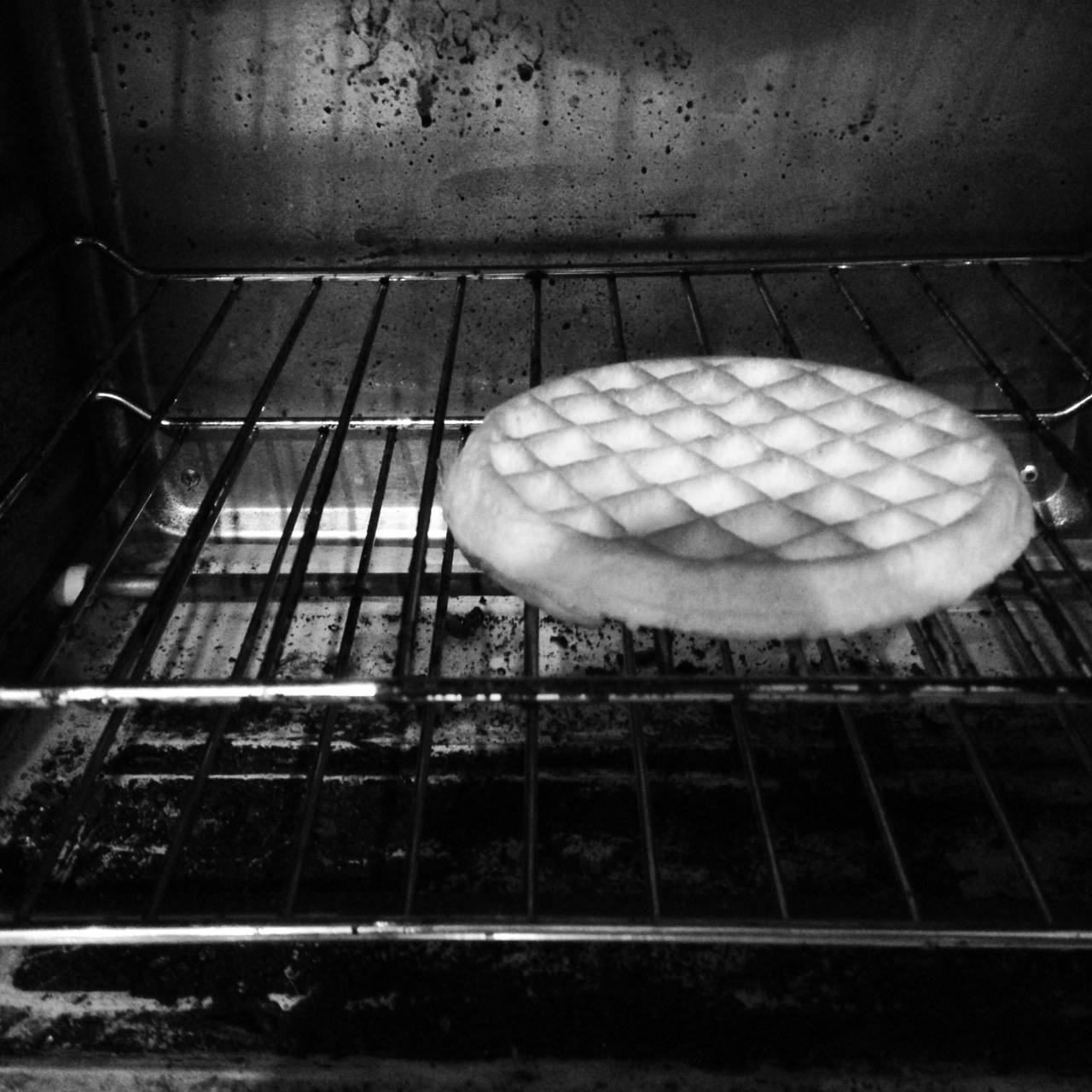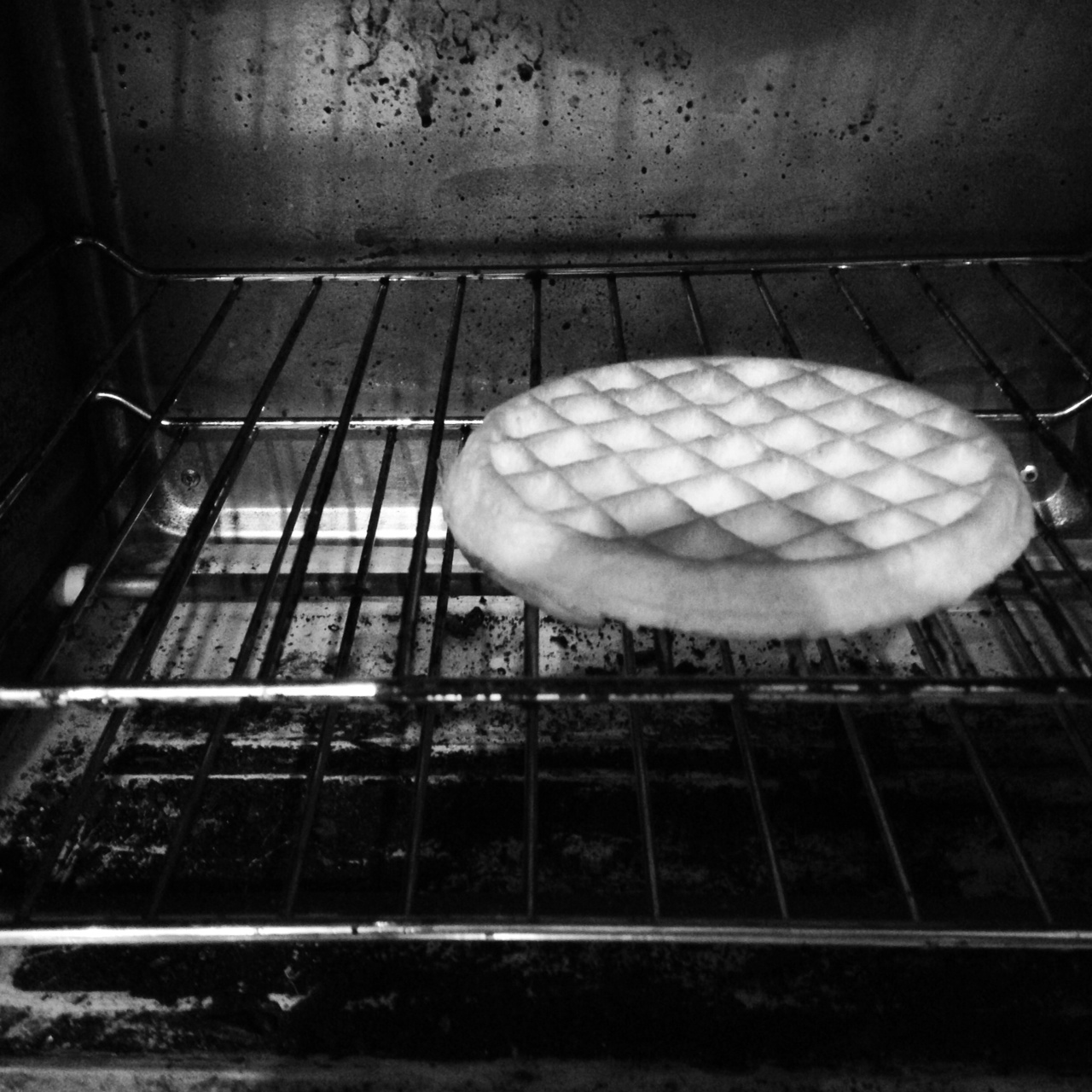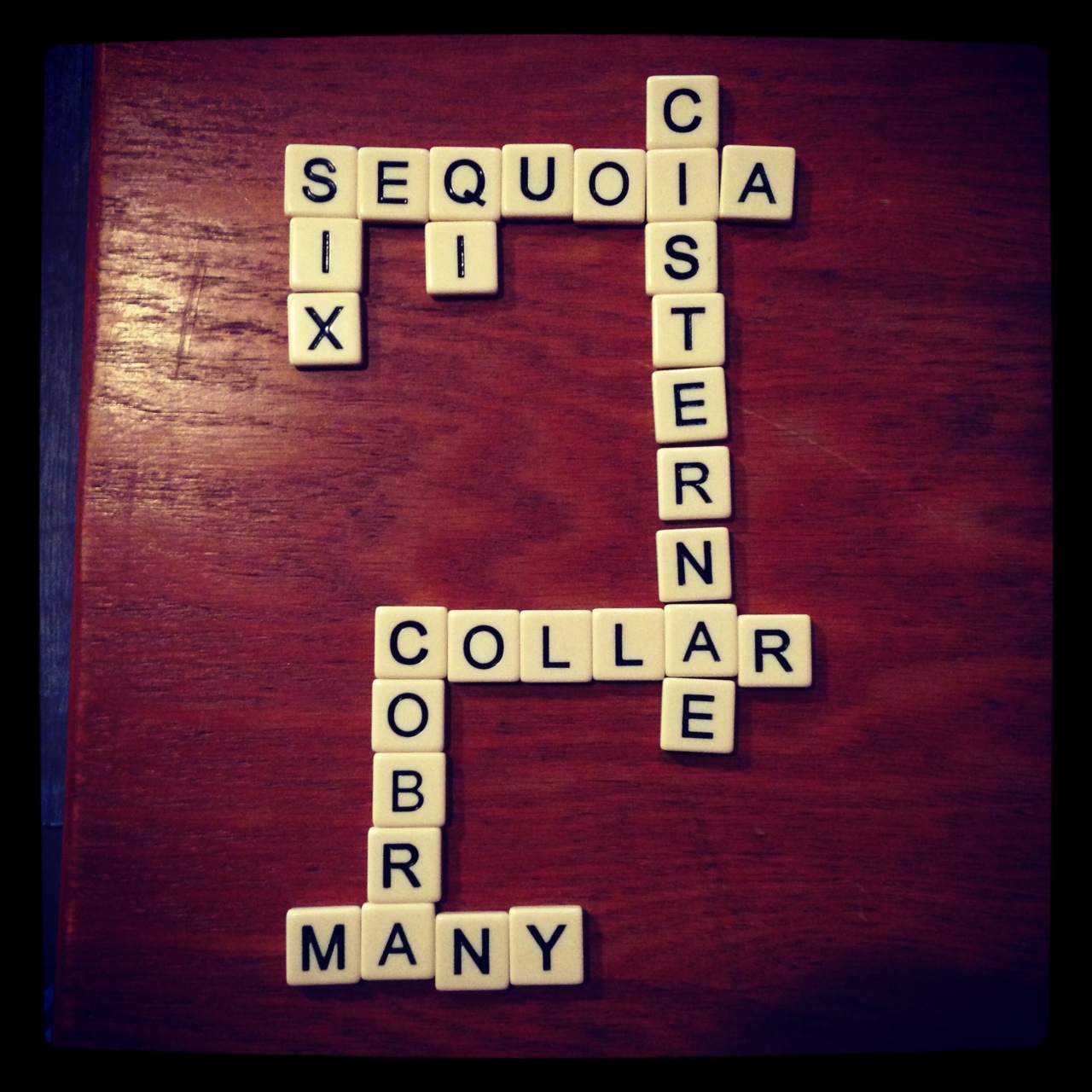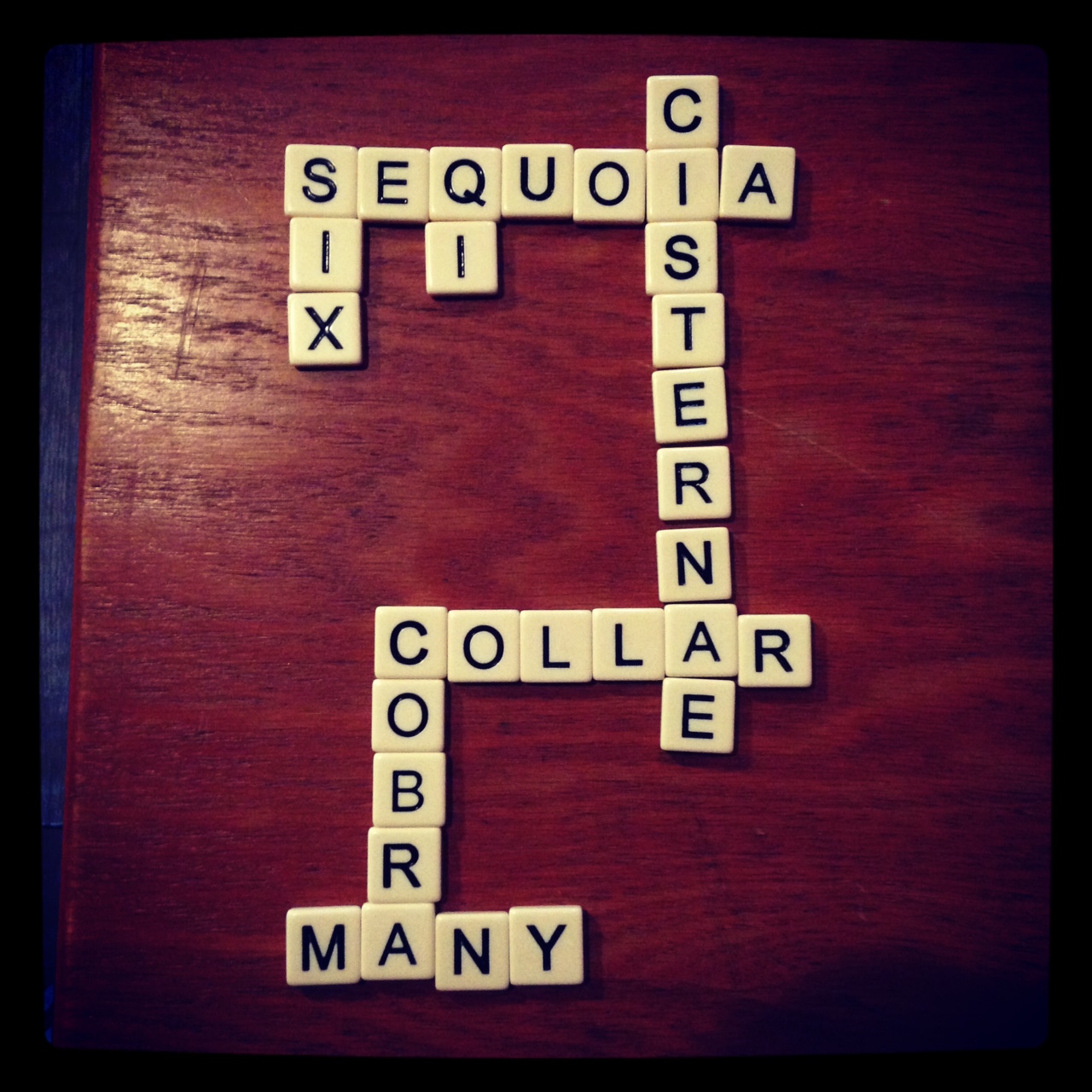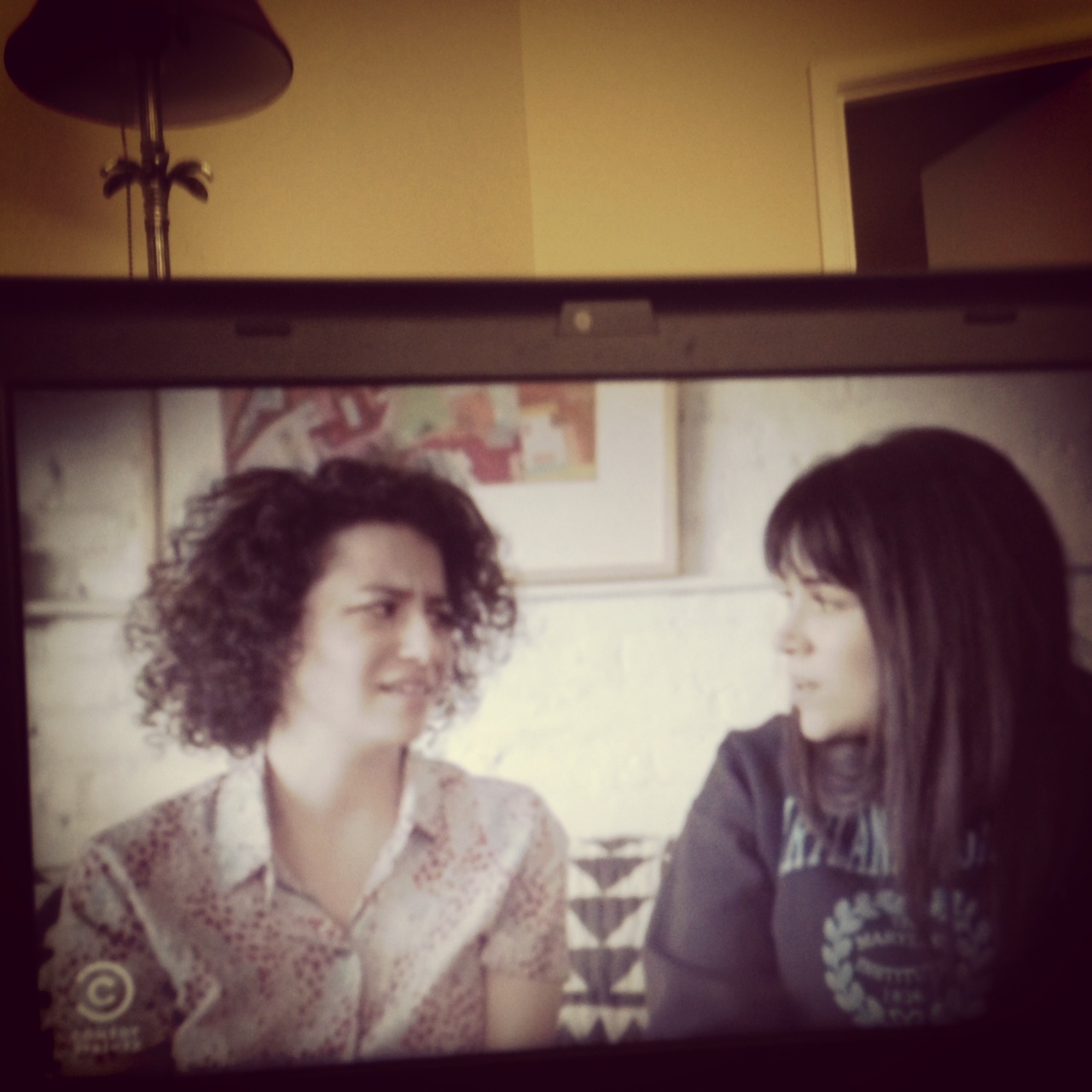Well, Woody Allen’s statement is out. As expected, it aims to depict Mia Farrow as a deceitful, manipulative, hate-mongering witch who brainwashed his children. His case, as he frames it, rests largely on the assertion that she is a liar and he tells the truth. To prove that he is not a liar, he cites the fact that he took a lie detector test (though not the one the Connecticut State Police asked him to take). Mia, he says, refused. The implication is that one is a liar and the other is not.
I’ve avoided writing about this case because it’s so terribly sad, and plenty of good stuff has already been written (I recommend this and this). But I’ve been driven to add yet another piece to the flood by something that seems to me to have been overlooked so far, namely, the surprising fact that Mia is constantly accused of brainwashing and Woody is not.
We’ve all watched everyone become an expert on false-memory syndrome overnight—happens all the time! It’s easy to do! Allen’s defenders say. Totally mythic! False epidemic! say Dylan’s supporters. I’m not an expert, so I’m going to leave that alone, though I suggest we make a habit of implanting happier memories into children with traumatic pasts if it’s really that easy. What I do know a little about is polygraphs, and given that Allen resorts to using one to prove his credibility—which is easily disproved using other means—I think it’s worth mentioning that polygraphs are junk science. The American Psychological Association notes that “there is no evidence that any pattern of physiological reactions is unique to deception. An honest person may be nervous when answering truthfully and a dishonest person may be non-anxious.”
I submit that, rather than accept Allen’s own framework for what proves his honesty, we should examine his credibility by looking at his own record.
One last thing about polygraphs: the theory behind polygraph tests is that you get nervous when you’re lying. But if we’ve learned anything from watching this awful case unfold over the past 21 years, it’s that Woody Allen wouldn’t be nervous because he doesn’t believe himself to have done anything wrong—not with Dylan, and (this is where this becomes relevant) not with Soon-Yi. When asked whether he destroyed a family, his response is matter-of-fact. From The Baltimore Sun:
Q: But Soon-Yi is the sister of all those kids.
A: Yes, but it’s not that they’re really sisters.
That’s all right then. Note the narrative Woody tries to propagate here—one far more pernicious than the distortion Dylan’s defenders resort to when they accuse him of incest. (True, he was not Soon-Yi’s legal stepfather.) Woody’s story, which he has doubtless passed on to Soon-Yi, is this was never your real family.
Or this, to Time Magazine:
Q. Did you talk to your analyst about how this would affect a child?
A. It wasn’t so complex. It doesn’t have that quality to it that you think.
Q. What about how it would affect her siblings?
A. These people are a collection of kids, they are not blood sisters or anything.
“These people are a collection of kids,” he says. They’re not a family. They’re not related by blood. (One wonders why he bothered to adopt four times, if blood was the precondition to family.) To hear Allen tell it, his three children and Mia’s other children are a “collection” of people that happened to include Soon-Yi. Yes, that group happened to live in a house he visited every day for the better part of twelve years, but who’s to say—he really said this in that same interview—he might not have met Soon-Yi “at a party or something”? Yes, Mr. Allen, it’s true that in another timeline you might have met your wife as an adult at a party, but you didn’t: you met her when she was nine years old and—this is the important thing— ignored her for a decade.
Soon-Yi and Woody insist that he barely spoke to her the whole time he and Mia dated. This has been offered to excuse Allen from charges of impropriety with Soon-Yi while she was underage, and Allen’s charisma and powers of persuasion have kept many of us from noticing that it’s actually incredibly strange. (Almost as strange as Allen defenders who refute charges of moral incest by repeating that Soon-Yi had a father—as if the existence of a live father made stepfathers and father figures impossible.) It’s hard to imagine a situation in which you ignore your children’s siblings but consider yourself a “model father,” which Allen does. He has some corroboration: Allen’s pal Dick Cavett testified to his good parenting: “He completely rearranged his man-killingly busy life so that he could lavish time and money and attention on the children, probably more than many orthodox parents do. He’d get up at 5 and religiously make it over there seven days a week,” he said.
Ah, but what children?
Here’s how Soon-Yi describes it:
I was never remotely close to Woody. He was someone who was devoted exclusively to his own children and to his work, and we never spent a moment together. We rarely ever spoke, and were polite but uninterested in one another. The fact is I really had no interest in knowing him better, nor he me.
What’s emerging from these descriptions that are intended to defend Allen is an incredibly sad environment, especially for a child like Soon-Yi, who’d only been in the US two years when Woody entered her mother’s (but not her) life. It’s an environment in which the only father figure with a daily presence in the house routinely favored his children over the others and regarded them as a “collection” and not a family. Allen said to Time that he “was not a father to [Mia’s] adopted kids in any sense of the word.” He visited the house daily, he says, but “the last thing I was interested in was the whole parcel of Mia’s children.”
He just wasn’t “interested”. We might ponder the extraordinary narcissism that explanation (and word choice) betrays, but as it happens, I’m not particularly interested in analyzing Allen. My object in writing this is to see what’s on the record—what he has actually said. Given these straightforward admissions of indifference and Judge Wilk’s assessment that Allen favored Dylan but “remained aloof from Ms. Farrow’s other children except for Moses, to whom he was cordial,” it’s rather remarkable that Allen’s camp charged Mia with treating the adopted children differently from the biological ones. (“There was a definite difference in the way she treated the adopted children and her own children, he says, recounting Soon-Yi’s alleged problems with Mia.) It doesn’t seem to have occurred to him that if this behavior hurt Soon-Yi coming from Mia, it might also have hurt her coming from Allen.
But the larger point—the point worth making at a moment when Allen is accusing all and sundry of magical malice—is that the accusation above is unbelievably cynical. He pretends to value an egalitarian ideal in which all siblings are treated equally in order to make Mia look bad, even as he openly withheld his affection from the other children.
It’s a damning record that makes it much easier to imagine how Soon-Yi may have come to fall for him. Ignoring someone—a child—over a period of years spent in her company amounts, given the outcome, to an extreme form of negging. According to the judge’s decision, of all Farrow’s children, Allen “had the least to do with Soon-Yi. ‘She was someone who didn’t like me. I had no interest in her, none whatsoever.’” After they went to a basketball game he started saying hello to Soon-Yi, “which is something I never did in the years prior, but no conversations with her or anything.” This is slightly unclear, but if I’m understanding it correctly, he had never even said hello to Soon-Yi prior to her timid overture.
I hope Soon-Yi has found happiness, and it seems she has, but this is a completely devastating portrait. A painfully quiet, socially awkward girl comes of age with a stepfather figure who never showed any interest in her or acknowledged her presence. Instead, he lavished his attention on her mother and her blond little sister. She develops, and suddenly this man who has been in her house for years but seemed not to see her notices her! Her!
Soon-Yi went to college. Judge Wilk describes her as unhappy there: “she was naïve, socially inexperienced and vulnerable. Mr. Allen testified that she was lonely and unhappy at school, and that she began to speak daily with him by telephone.” And so the grooming progressed.
No, this isn’t child molestation. It is, however, predatory. Did Allen recognize that this might be an incredibly fragile person with a tortured past who came of age in an environment she found hostile thanks in part to the family dynamic he himself created? That in constructing a reality where only he, Mia, and their three children constituted “the family,” he might have made her feel inferior and excluded? That by withholding affection from her throughout her entire childhood and adolescence, he’d created a power differential where she craved some of the validation and love she’d seen him lavish on her mother and sister? That in calling her daily when she most needed emotional support, he muddied that support by making it conditional, sexual?
Who knows? He’s happy, anyway:
The very inequality of me being older and much more accomplished, much more experienced, takes away any real meaningful conflict. So when there’s disagreement, it’s never an adversarial thing. I don’t ever feel that I’m with a hostile or threatening person. It’s got a more paternal feeling to it. I love to do things to make her happy. She loves to do things to make me happy. It just works out great. It was just completely fortuitous. One of the truly lucky things that happened to me in my life.
It is nice to be free of any “real meaningful conflict.” For Allen, the ideal relationship is one in which he is the dominant paternal figure. This militates against his assertion—offered to contradict the fact that they were ever family—that they could have “met at a party or something.” He’s admitting here that his ideal romantic role doesn’t start with equals at a party; he prefers a power dynamic that’s essentially parental.
It’s typical of Allen’s distortions that he accords Soon-Yi full agency—she fell in love with him of her free will!—while insisting that his own children have none; they are brainless, dim-witted vessels for Mia’s revenge. “If Mia did not keep them whipped up and enraged these days, telling them how to react,” he says, “I don’t think they would have cared two seconds.”
It might behoove Mr. Allen to entertain the possibility that children do sometimes have feelings of their own—feelings that were not necessarily “implanted” by evil mothers out to destroy the psyches of the beings they went to extraordinary lengths to nurture. But for the moment, his story is that the children wouldn’t have minded in the least that he cheated on their mother with their sister, secretly, for six months. It’s Mia who’s responsible for their anger.
This is a pattern. The most egregious example is when Ronan (né Satchel) cried as an infant whenever Allen held him: this too, according to Allen, was evidence of Mia’s brainwashing: “Mr. Allen attributes this to Ms. Farrow’s conscious effort to keep him apart from the child,” Judge Wilk writes. (If Mia Farrow can brainwash babies into crying and stopping on command, she needs to write that How-To guide right quick.)
As for Mia herself, Woody claims she “would have thought more or less the same thing if it had been my secretary or an actress.”
These are worrying levels of self-delusion. This is the behavior of a man so unaccustomed to thinking outside his own frame of reference, so amazingly narcissistic, that he genuinely thinks Mia Farrow’s response to finding pornographic photos of the daughter she adopted from Korea and painstakingly raised would have been “more or less the same” as if he’d cheated on her with a secretary. This reasoning only makes sense in a universe where Woody Allen is the only thing that matters. The single emotion he imagines Farrow to be capable of is jealousy. Allen appears unable to imagine that either Mia or her children had a relationship with Soon-Yi that was irreparably damaged. (The other possibility is that he doesn’t genuinely believe any of what he says here–in other words, he’s either dangerously deluded or he’s lying.)
Judge Wilk goes a step further—in his estimation, the divisive force in the home wasn’t Mia, as Allen would have us believe. It was Woody:
Mr. Allen’s response to Dylan’s claim of sexual abuse was an attack upon Ms. Farrow, whose parenting ability and emotional stability he impugned without the support of any significant credible evidence. His trial strategy has been to separate his children from their brothers and sisters; to turn the children against their mother; to divide adopted children from biological children; to incite the family against their household help; and to set household employees against each other. His self-absorption, his lack of judgment and his continuation of his divisive assault, thereby impeding the healing of the injuries that he has already caused, warrant a careful monitoring of his future contact with the children.
So far, the discussion of this mess has revolved around the question of whether or not Dylan’s allegations are true, with most Allen defenders (and Allen himself in his latest) claiming that of course Dylan believes what she’s saying but that doesn’t make it true. Mia Farrow’s veracity has been repeatedly impugned. She’s been called crazy, unstable, out of touch—or a witchy mastermind who implanted memories in her daughter so robust that they’ve lasted two decades. I’ve seen Dylan Farrow called a liar, or crazy, or brainwashed. What I haven’t seen, to my amazement, are what to my mind are the two more likely possibilities:
1) That if there’s a “brainwashed” party here (and I’m not convinced there is, but if we’re all performing thought experiments that strip the Farrow daughters of agency, let’s at least be rigorous and thorough about it), it’s far more likely to have been Soon-Yi, whose “lover” ignored her throughout her childhood, preyed on her as soon as she went off to college, and proceeded to isolate her from her entire support system, and/or
2) that if anyone’s crazy here, or unstable, or out of touch with reality, it’s clearly Allen. He may not even be lying as we understand the term. As George Costanza famously said, “Just remember, it’s not a lie if you believe it.”
How is it possible that—given the foregoing levels of self-delusion—we’re applying the logic of the person-who-believes-their-own-lies to Dylan and not to Woody? Everyone keeps talking about the lack of evidence in this case. We’ve been looking at it from the wrong point of view. There is evidence EVERYWHERE. Not that Mia lied, but that Woody did. Over and over.
Let’s count a few lies, some big, some small:
Lie #1: Mia never complained about his parenting
Woody Allen says in his response to Dylan Farrow’s letter that
“I was a 56-year-old man who had never before (or after) been accused of child molestation. I had been going out with Mia for 12 years and never in that time did she ever suggest to me anything resembling misconduct.”
This is factually untrue. Farrow did express concerns about his misconduct, and luckily for her, it’s documented: Dylan’s therapist Dr. Coates testified that Farrow was concerned over Allen’s treatment of Dylan. She raised the issue in 1990 and Dr. Coates worked with Allen to get him to discontinue some of his inappropriate behaviors:
I understood why she was worried, because it [Mr. Allen’s relationship with Dylan] was intense, … I did not see it as sexual, but I saw it as inappropriately intense because it excluded everybody else, and it placed a demand on a child for a kind of acknowledgment that I felt should not be placed on a child.
Lie #2: The Nude Photos Were For Modeling!
Woody Allen has repeatedly said that the famous nude photos of Soon-Yi were taken at her instigation because, he says, she wanted to be a model.
Suppose your extremely young, inexperienced lover—who both you and others in her family describe as so shy, withdrawn and correct that you all thought she might become a nun—told you she wanted to model. You’re in the entertainment industry; you know something about it. Would your response—drawing on your years of wisdom and experience—be to take some Polaroids of her naked with her legs spread wide apart? One wonders about the next step; was Allen going to send those photos out to fashion agencies? Would Soon-Yi paste them on her resume in hopes that Anna Wintour might call? It seems unlikely, but the fact remains that Allen claims he took those photos to further Soon-Yi’s career.
It could be argued that he’s a filmmaker; maybe he doesn’t know how modeling works. Perhaps he did his best with limited information. Unfortunately that doesn’t hold water either: Allen did once hire a professional photographer to take glamor shots of Soon-Yi, so he knew enough and was capable of actually helping her model in an appropriate way.
The truth is probably quite a bit simpler. The full-frontal photos Allen took of his lover’s daughter were likely not about modeling. That Allen said it was, that he insisted that it was her idea and done to help her, suggests he has a habit of making himself seem better than he is. There’s nothing wrong with taking sexy photos of your lover. There is something wrong with pretending that a kinky photo-session of your partner’s daughter posing naked for you—while you kept your involvement secret from your partner of twelve years—was just a helpful act intended to advance the former’s career.
I’m dwelling on this relatively small lie because it’s particularly rich: these little details show how a master manipulator works.
Woody’s story about the photos isn’t even consistent in the space of a single interview. Here’s what he told The Baltimore Sun about the incident:
Q: What about those nude photos? How did you come to take them?
A: We were sitting around in this room, as a matter of fact, talking about her modeling career and she said would I take some nude pictures of her. I’m not a person that knows much about cameras; I mean I’m not good at that. And I, I took a small amount and left them out, and . . . and that was the, um, the origin of . . . I mean, there’s nothing more to say about that.
Q: Some people have characterized them as pornographic.
A: That’s too absurd for words. There are no sexual acts depicted, there’s nobody else in them . . . I mean, I think you know, one man’s lascivious pose is another man’s . . . I would say, you know, they were pretty sexy pictures. But what Soon-Yi and I do in our private moments is nobody’s business; we’re two grown-up people.
I’ve emphasized what seem to me to be problematic statements.
Does pornography demand that sexual acts be depicted? The definition is famously vexed, but one dictionary, for what it’s worth, says pornography is “printed or visual material containing the explicit description or display of sexual organs or activity, intended to stimulate erotic rather than aesthetic or emotional feelings.” To the extent that they have been described (”a naked woman with her legs spread wide apart”), sexual organs were certainly on display. These are not generally required for a career in modeling. The fact that the judge famously refused to even look at them suggests that the photos err on the side of the erotic over the aesthetic. Most damning of all to Allen’s case, though, is the fact that Allen himself blamed Mia (and called her an unfit parent) for showing her children the pictures he took.
This is what Allen keeps doing: he establishes one set of highly conventional rules for Farrow while he himself is bound by none. It’s a dizzying double standard. Does it make sense to fault Mia for showing her children photographs that innocently depict their sister “modeling”? It doesn’t, unless you’re trying to simultaneously insist on your total innocence (your intentions were pure and helpful—you just did what Soon-Yi asked) and Farrow’s total guilt (she is a harpy bent on destroying you by … showing her children what you did).
I suppose it’s theoretically possible that one of the most famous directors in the world doesn’t know much about cameras and “isn’t good at” taking pictures.
This is a minor point and an irrelevant one; it’s unclear why he even mentioned it. But there might be something behind it: the fact is, it can be useful to seem less capable than you are. Allen is famous for making himself out to be impotent, passive and fearful (he cultivated the legend of his claustrophobia so successfully that Weide used it in his Daily Beast article as an alibi for why he wouldn’t have gone in the attic). He likes to say that Soon-Yi is “more mature” than he is—he is the child, the scatterbrain incapable of being a mastermind or (of course) a predator. He’s so good at it that he almost makes you forget how potent, bold, organized, goal-driven, ambitious, skilled, and egomaniacal you have to be to make it as a world-famous director.
Is it consistent to maintain, in the space of six sentences, that you took nude photos of someone that are intended for public consumption (a career in modeling), and that the content of the photographs is out of bounds because those photos document your “private moments”?
I submit that it isn’t. Those photos were probably taken for purely erotic purposes, and that’s fine (if we’re regarding them as two consenting adults, which is how Allen and Previn say we should regard them, ignoring the attendant context). But again, I’m lingering on this little episode because it demonstrates Allen’s talent for manipulating the truth in order to minimize his own responsibility.
Lie #3: I Was a Great Parent! Mia Says So!
“Be logical,” Woody says in this video when asked whether he indeed molested Dylan, and I suggest we take his advice. His case is that molesting her under the circumstances wouldn’t be rational; it wouldn’t make sense! He says in that same interview (at 4:42) that Mia wrote a “glowing affidavit” in support of his adopting Dylan in December.
That was, in hindsight, an unfortunate misstep. He’s appealing to Mia’s authority—he’s saying that because Mia testified that he was a good parent, he was.
The trouble is that, by December, when Mia wrote that affidavit, Allen was five months into secretly dating mother and daughter simultaneously. Mia, of course, didn’t know. Would she have written that affidavit had she known? Is it logical to claim that Mia’s opinion of his parenting carries any weight given that he admits he was taking extraordinary measures to conceal the truth from her? Mia’s affidavit is worthless precisely because Woody was lying to her about everything—he’s citing a source that he himself rendered useless. And yet—and yet!—when it’s convenient, the man uses the very woman he persistently lied to—but accuses of being a malicious, pathological liar—as a character witness! One can admire this for its astuteness—he’s trying to prove that she had not yet entered Woman Scorned Mode, that she still professed to think he was a good parent—but if she’d known the truth, she’d have condemned his parenting in the strongest possible terms. While we’re on the subject, is it “logical” to apply to adopt a child with your partner of twelve years when you’re conducting a secret affair with her sister? Is that kind? Is that sane? The mind, it reels.
Lie #4: Mia is crazy. Evidence: She still wanted to do our movie.
Woody talks about how unhinged Mia was at 5:40 in the video above, citing as a telling example the fact that she asked about their new movie together after she’d accused him of child molestation. “What happened was crazy behavior … terrible rage. Death threats … she accused me of child molestation on August 4, right? That I molested my daughter, and August 5, 6, 7, 8, 9, the week after, she’s fully saying, ‘When do we begin our new movie?’” I said, “Are you kidding? You’re accusing me of child molestation, and you think we’re going to just go on with the movie?” “This is insane!” Woody says. He marvels at how ludicrous this was, how insane Mia must have been to suggest it.
By this definition, he’s crazy himself, as he admits to the exact same thing in a 2005 interview with Vanity Fair. “The height of compartmentalization was when I was making Mighty Aphrodite, right after. We couldn’t think of an actress to play my wife. I needed someone who was slightly older, like in her 30s, and sophisticated … I said to her, ‘Let’s get Mia.’”
According to Allen, the rest of the conversation went like this:
Taylor: “What are you, nuts?”
Allen: “Why not? She’s perfect for this.”
Taylor: “You must be kidding.”
Allen: “No. You know, it won’t bother me at all. I mean, this is work. One thing has nothing to do with the other.… She’s a very good actress. She’ll be very professional. She’ll know her lines and give a good performance, because she’ll want to. I don’t have to socialize with her. I don’t talk to the cast, usually, anyhow.”
Here’s how he explains the idea:
Now, to me, I want to get the best casting. The fact that Mia and I had been terribly contentious and had a terrible experience—yes, that’s true. But, you know, that doesn’t mean that she shouldn’t play the part. I’m just not the kind of person that thinks, Well, you did a terrible thing to me in my life, and so I’m not working with you. I’m not going to cut off my nose and spite my face. I mean, there’s a line that you draw. I wouldn’t put, you know, Hermann Göring in a part, but short of Nuremberg crimes …
To review—when Allen does it, it’s professionalism, broadmindedness and dedication to his art. When Mia does the exact same thing—plans to honor professional commitments in a movie he’d already cast her in—it’s evidence that she’s mentally unbalanced.
Lie #5: Mia is a Publicity-Hungry Attention Whore; Woody is Private
Allen has always insisted that Farrow is the indecent, publicity-hungry party, and yet Allen, by his own admission—was at least as guilty of using publicity as a weapon:
[Allen] also said Farrow called him five times Friday, wanting to negotiate an end to the publicity.
IANAL, but that doesn’t sound like someone who wants publicity at any price.
“She said, ‘Can we stop this grotesque publicity circus?’ And I said, ‘You have hired a lawyer, you’re parading relatives and the kids on television, you leaked this videotape of Dylan unconscionably.’ She said, ‘Can’t we negotiate this?'” Allen said.
“And I said, ‘First you must clear my name unequivocally. And if you do that, and we can agree to give Dylan some real therapy to get over the dreadful scars of this thing, and I am part supervisor of that therapy, then OK, we can talk and see if there’s a way of toning things down.’ “
Again, the person trying to end the publicity in this scenario is not Woody. He’s the one setting conditions and threatening that if they’re not met, the publicity he so deplores will continue.
Lie #6: He Just Plain Lied, A LOT. (For Mia’s Own Good, Though.)
One of the curious things about the charges of infidelity is that—in the interests of respecting the privacy of consenting adults—we forget how many different “sins” get lumped in. This is a case where the credibility of the people involved matters; the two women, Dylan and Mia, have been constantly scrutinized for inconsistencies in their stories. The fact that Allen cheated appears to have given him a free pass—we think of him as a cheater, not a liar. There’s a seventies sensibility to Allen’s narratives of himself. We’re all adults, he seems to say, and if I fall in love with someone and then out of love, well, that’s life. It’s unfortunate, but it would behoove us all to behave maturely.
There’s an intelligent passivity to this formulation. It’s true, of course: when consenting adults have an honest and open relationship, there’s nothing wrong with ending things in just this way. The trouble is that the passivity Woody insists on here—“the heart wants what it wants”—disguises what he did to get what the heart gets. It obscures the extraordinary dishonesty he was guilty of for at least six months, calling Soon-Yi multiple times a day, poisoning her against her mother, even as he continued to see Mia daily and was ostensibly in a relationship with her. Given how obsessed he’s been with impugning the credibility of his ex-lover and his daughter, we’d do well to remember that Allen himself lied constantly.
But even here, he insists that his lies were acts of charity:
Testifying under sharp cross-examination, Woody Allen said Monday that at one point he told Mia Farrow he had ended his affair with her 22-year-old adopted daughter while he really was “in constant contact” with her “five or six times a day.”
Allen said he used the ruse in an attempt to calm Farrow, who was in a rage over Allen’s relationship with Soon-Yi Farrow Previn, the adopted daughter of Farrow and her former husband, conductor Andre Previn.
The Sunday Herald Sun reported that “Allen also admitted two-timing Soon Yi in a bid to ‘placate’ Farrow. On a couple of occasions, after he started dating Soon Yi, Allen slept with Farrow to ‘calm her down’ because she wouldn’t let him see the children.
At times, the waif-like Farrow had tears streaming down her face as she listened to Allen tell the court they had a ‘joyless, sexless’ relationship for the last five of their 13 years together.”
Lucky Mia, to be so calmed. He was thinking only of her.
We might wonder, since everything else about this case is out in the open, how Allen planned to make this mature, adult transition from one relationship to another? In a 1992 interview with Steve Kroft, Allen seems a little less thoughtful about his romantic partner of twelve years’ needs, let alone her emotional wellbeing.
Steve Kroft: “I mean, she found out about it by finding some rather embarrassing pictures.”
Woody Allen: “Yes. Correct. I mean, what is the question?”
Steve Kroft: “I presume that’s not the way you wanted her to find out, or did you want her to find out?”
Woody Allen: “I never—I never really thought that—I never really thought about it. I mean, I—you know, I don’t know—I don’t really know. I think eventually as that situation got more and more serious, I would have told her about it.”
You know. Probably.
Woody wants it both ways: he wants to insist that Farrow should have behaved differently, maturely, like an “adult,” while he did everything in his power to keep her in the dark. So accustomed was he to an infantilizing romantic paradigm where he has all the information and power and she needs none, that it didn’t even occur to him to consider how or when she might be told so they could “maturely” part ways.
There’s a lot of irrationality to go round, but most of it is Woody’s. Concerning the allegations that Mia broke a chair and sent a valentine with a knife in it, I don’t know whether they’re true, but I humbly submit that the person who was emotionally blindsided probably deserves a little more leeway for emotional outbursts than the man who for six months abused her trust and calculatingly deceived her.
Lie #7: Mia Poisoned Me Against My Children. Her Children. Those Children.
In that same article, Allen describes how Mia was the one really inflicting psychological pain on her children:
Farrow told “terrible things” about him to the children, he said.
“She said I was the devil. She said, ‘Your father did a terrible thing to Soon-Yi.’ She took a picture off the wall and broke it. The kids did not know what that was about,” Allen said. “There was one horrific incident after another.”
The concept here is that for the children, watching “horrific incidents” like seeing their mother break a picture or a note on the bathroom door was far more confusing than watching their sister leave their home and family to marry their father.
(Actually, Moses Farrow’s statement is similarly odd:
My mother drummed it into me to hate my father for tearing apart the family and sexually molesting my sister,” Moses, 36, tells PEOPLE in the magazine’s new issue. “And I hated him for her for years. I see now that this was a vengeful way to pay him back for falling in love with Soon-Yi.”
It’s a perplexing accusation. Woody did tear apart the family—pretty unambiguously, even without taking into account Dylan’s alleged molestation. Soon-Yi is not part of the family any more. It seems eminently reasonable to dislike the man who tore apart your family. Why would you experience those feelings at one remove, “for her”? It’s hard not to pity Moses, who of course has no way of knowing whether or not his father molested his sister. It may be that this poor family has just lost track of what normal feeling is; Allen’s insistence that all his children’s emotions are tainted by misbegotten loyalties and/or maternal manipulation could easily have that effect.)
Nor does his attitude towards his own children from that relationship seem particularly parental. From a March 2011 interview with the Observer Review:
So do you have any contact with your children with Mia now, then?
“Oh. Contact with those children? No, no. I don’t have contact with those children. I just have contact with my children.”
Those children. Dylan, Moses and Satchel are not “my children.”
Is this attitude consistent with someone who insists that only Mia is to blame? Many have accused Mia of not having a close relationship with Soon-Yi since—if she was a victim—it wasn’t her fault. Has no one remarked that if Allen truly believes Mia to have laundered the brains of his children, then he certainly should consider them his, not “those”?
Can you ever get over something like that?
“No, sure, that was a sad thing.”
Sure.
The brainwashing allegations have gone on for far too long, which is why I’m taking pains to show here that if brains were washed here (and to be clear, I think this is magical thinking), Allen is at least as guilty of it as Farrow. Many people have pointed out that Soon-Yi’s statement of her independence uses language awfully similar to Allen’s, even repeating his extraordinary assertion, verbatim, that Mia would have been just as upset if he’d dated an actress or secretary. Robert Weide’s defense of Allen, that it’s “illogical” for a man to walk into a house full of people that hate him and climb into an attic as a claustrophobe, echoes Allen’s own defense almost word for word. Even Moses’ language for Mia’s “brainwashing” mimics Allen’s. Despite what he’d have you believe, Allen is not without potential mouthpieces.
Our choices are few: we can either accept that everyone in this case—Moses, Dylan, Ronan, Mia, Soon-Yi, and Woody—are of sound mind and able to speak competently, OR we can decide that Mia and Woody are masterminds who use their children and the press as pawns and puppets. What we absolutely cannot do, as a culture, is unthinkingly accept Allen’s premise that only Mia is capable of being manipulative, that only Mia uses powerful magic to make all her children (including Satchel when he was a subverbal infant) hate the other side. What we can’t do as a culture is scrutinize the testimony of a seven-year-old for minor inconsistencies while a rich and powerful man who admits to an organized pattern of lying over a period of six months and routinely contradicts himself—on the record, no less—goes unexamined.
I want to conclude with two statements of Allen’s. The first is from his interview with Michael Parkinson (at 32:40):
There is some mysterious thing—we are programmed—we have certain instincts, and we’ll never understand them, the animal instinct to live, to procreate, the will to power, the desirability of women is just an amazing, amazing thing. When a desirable woman passes, she may be beautiful, she may be intelligent, she may be charming, whatever contribution she’s making… whatever the source of her desirability originates from, you catch onto it and it’s like some catnip or something, it’s just amazing, and you do the most foolish things, you, you know, you commit crimes, you go crazy, you just do anything, you look like a fool … the men are more frantically berserk with desire. I’m speaking for myself now…
And finally:
I hate when art becomes a religion. I feel the opposite. When you start putting a higher value on works of art than people, you’re forfeiting your humanity. There’s a tendency to feel the artist has special privileges, and that anything’s okay if it’s in the service of art. I tried to get into that in Interiors. I always feel the artist is much too revered—it’s not fair and it’s cruel. It’s a nice but fortuitous gift—like a nice voice or being left-handed. That you can create is a kind of nice accident. It happens to have high value in society, but it’s not as noble an attribute as courage. I find funny and silly the pompous kind of self-important talk about the artist who takes risks. Artistic risks are like show-business risks—laughable. Like casting against type, wow, what danger! Risks are where your life is on the line.
I agree wholeheartedly. And the person with her life on the line in this case is not Allen.
(NB: This post has been slightly edited since it was first published.)

